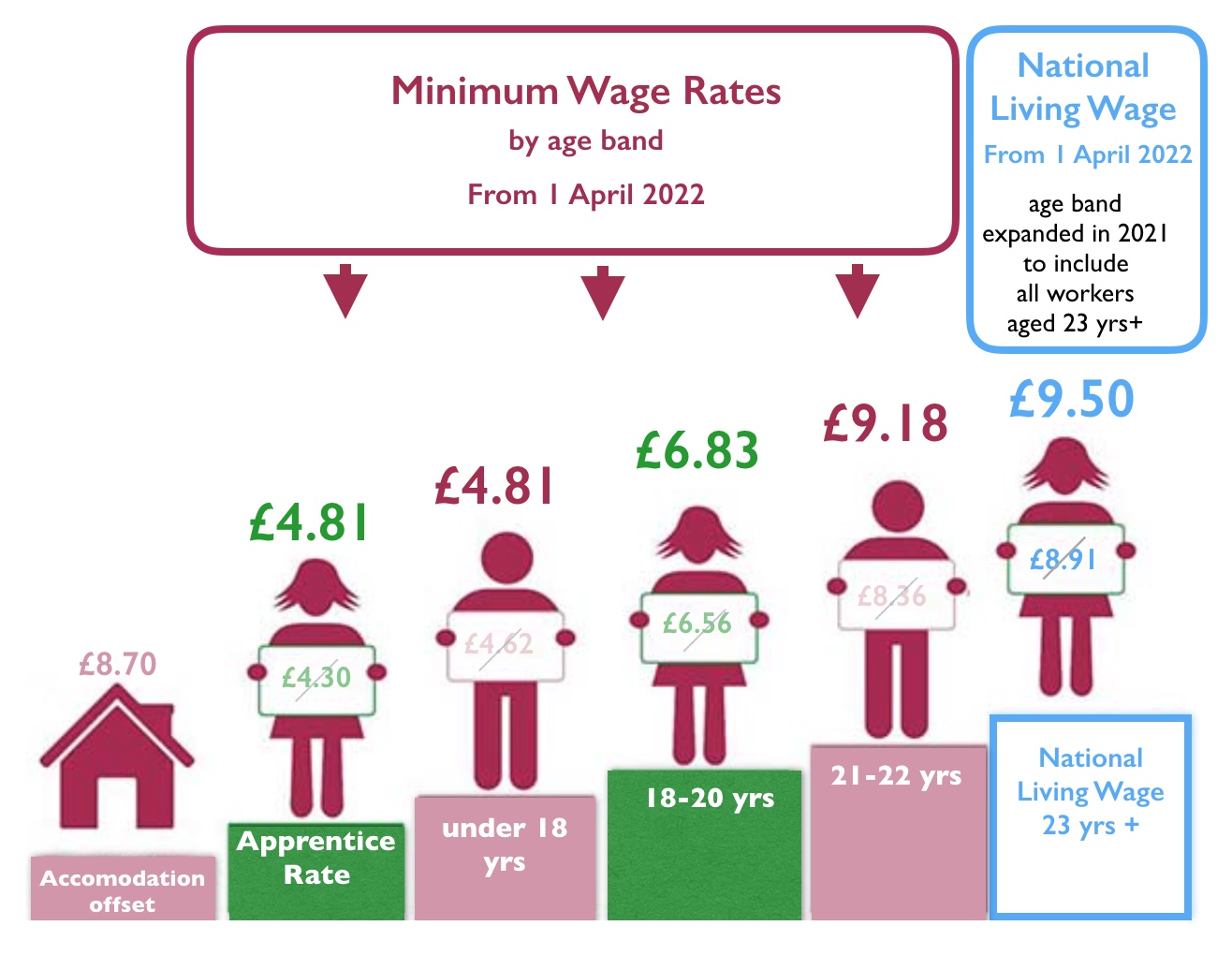
Introduction
The National Living Wage (NLW) is a critical development in the UK’s labor market, aimed at ensuring that workers receive fair compensation for their efforts. Introduced in April 2016, the NLW mandates a minimum hourly wage for workers aged 23 and over, reflecting a commitment to reducing in-work poverty. As the cost of living continues to rise, particularly following the economic strains brought on by the COVID-19 pandemic and ongoing inflationary pressures, the relevance of the NLW is more pronounced than ever.
Recent Developments
As of April 2023, the National Living Wage was raised to £11.00 per hour, representing a significant increase from the previous rate. This adjustment was implemented in response to recommendations from the Low Pay Commission, an independent body that advises the government on minimum wage matters. The current increase is designed to help workers cope with the escalating costs of living, particularly in areas such as housing, utilities, and food, all of which have been affected by inflation rates that soared to 10.1% earlier this year.
The Impact on Employees and Employers
For employees, the rise in the NLW is expected to provide much-needed financial relief. Research indicates that over 2 million workers will benefit directly from this wage increase, helping to lift many individuals and families out of poverty. However, the NLW also presents challenges for employers, particularly in sectors such as hospitality and retail, where profit margins are often narrow. Business owners have expressed concerns about the increased wage costs, which could lead to higher prices for consumers or even workforce reductions.
Future Projections
The UK government has indicated its ongoing commitment to increasing the living wage in line with the cost of living and productivity increases. Proposals have been made to expand the NLW further, potentially lowering the age threshold for eligibility. This could allow younger workers to access a wage that better reflects their contributions to the economy. However, the balance between ensuring fair compensation and maintaining economic viability for businesses remains a contentious issue.
Conclusion
In conclusion, the National Living Wage plays a vital role in the UK’s effort to provide fair pay and reduce poverty among working-class individuals. With ongoing discussions about its future and potential expansions, stakeholders must navigate the complex interplay between the needs of workers and the capabilities of businesses. As the financial landscape evolves, the effectiveness and impact of the NLW will continue to be closely monitored, affecting millions across the nation.
You may also like

The Dynamics of Price in the Modern Economy

The Importance of Credit Cards in Today’s Financial Landscape
